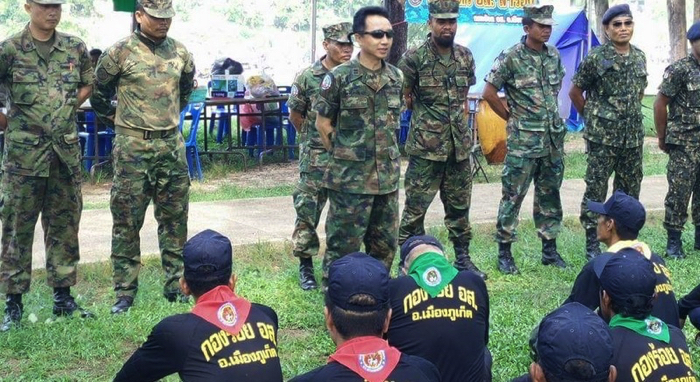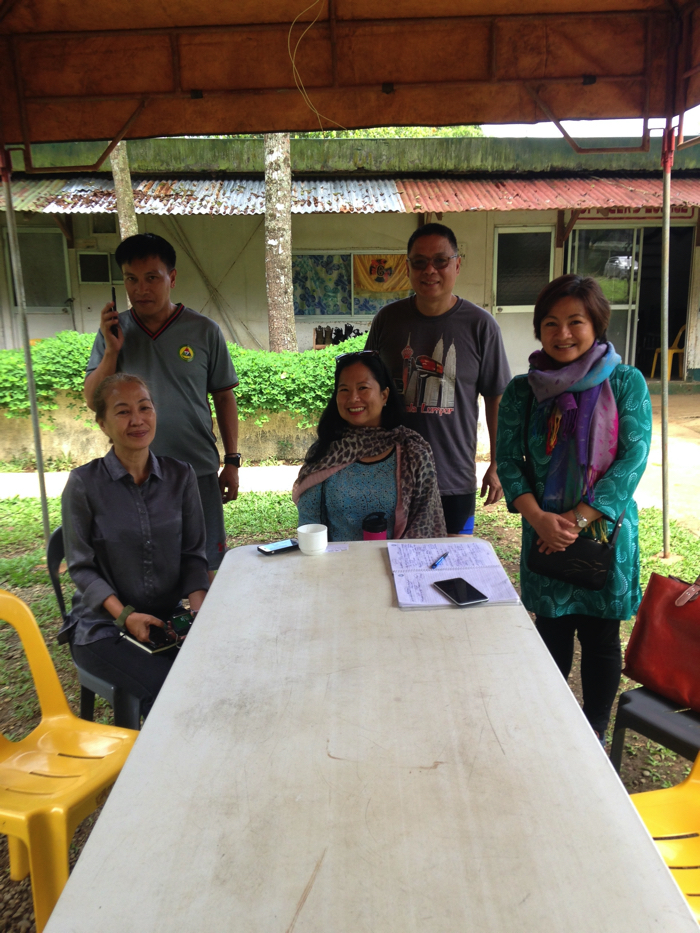- Project Leader : Kiba Saya (Komatsu University, Faculty of International Communication)
- Collaborators : Pavin Chachavalpongpun (Kyoto University, Center for Southeast Asian Studies)
- : Paul Chambers (Naresuan University, Faculty of Political Science)
- : Rosalie Arcala Hall (University of the Philippines Visayas, Faculty of Social Science)
- : Yasutomi Atsushi (Miyazaki International College, School of International Liberal Arts)
- : Beni Sukadis (LESPERSSI (Indonesian Institute for Defense and Strategic Studies))
Outline of Research
This research explores the following questions: 1) what are the security threats caused by paramilitaries, 2) how does the security sector (mainly the military and police) in Southeast Asian countries define human rights violations by paramilitary organizations, 3) what kind of control mechanisms are in place to prevent and punish paramilitary pereptrators of such violations, and 4) why is it difficult or impossible for civilians in governments and civil society to oversee and control the acts of paramilitaries. Paramilitary refers to a private organization that is statutory and supports the national security system. Traditionally in Southeast Asia, organizations such as border/coast guards, military police, intelligence agencies, and militias have supplemented the roles of regular army and police.
Targeting the three countries of the Philippines, Indonesia, and Thailand, this research will conduct field surveys with researchers specialized in each country, and knowledge will be shared.
Description
The purpose of this research is to analyze and examine monitoring mechanisms over paramilitary organizations. It has the following three questions:
1) What are the security threats of paramilitaries?
2) How does the security sector (mainly the military and police) in South-east Asian countries define human rights violations by paramilitary organizations, and what measures are taken to prevent and control such violations, and punish the perpetrators? Why is it difficult or impossible for branches of government and civil society to monitor and discipline paramilitaries?
3) To what extent is it possible to apply models from other countries/regions, particularily Western theories regarding monitoring of private military companies, to the Southeast Asian context?
During the first year, we will analyze the basic literature and theories around appropriate oversight mechanisms for paramilitaries, which are often overlooked as a “gray zone.” At the same time, secondary information will be investigated in the three target countries. Seminars will be held three times a year at Kyoto University. In addition, experts from Southeast Asia in this field will be invited as resource persons to exchange opinions in online meetings. During the second year, each member of the research team will conduct a field survey and write papers.
The study provides an important contribution to the area of security governance in Southeast Asia. The convergence of military conduct and policing with paramilitary raises intriguing questions regarding the impact of these tendencies on the military and the police, as well as on their legitimacy.
 Full-time Territorial Defense Volunteers undergo formal training by Thai Armed Forces personnel. (Phuket News) https://www.thephuketnews.com/making-sense-of-defense-volunteers-54715.php |
 Prof. Rosalie Hall with officers of the 103 Infantry Brigade inside their camp in Marawi City. (Photo by Rosalie Hall) |
